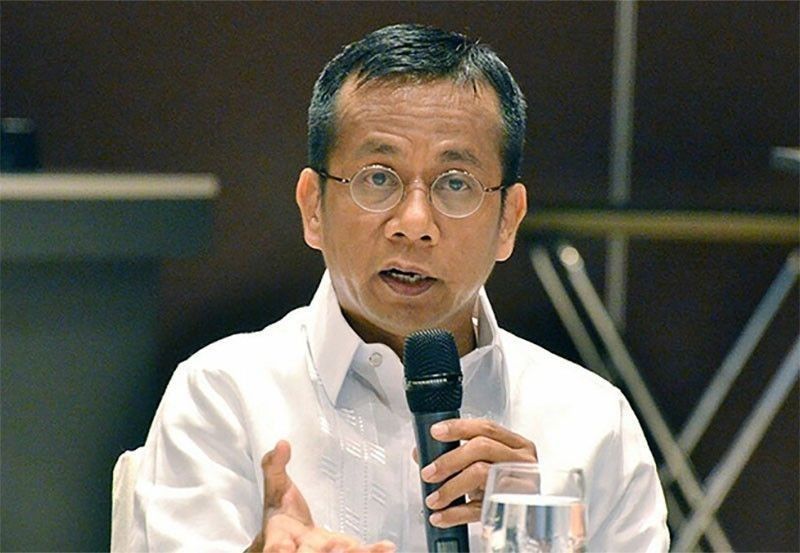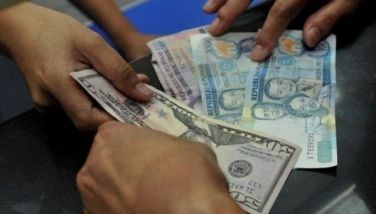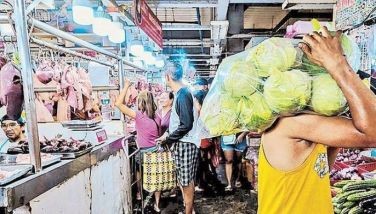NEDA: Poverty threshold not budget for decent living

MANILA, Philippines — The country’s food and poverty thresholds are not meant to set the budget for what is considered a decent standard of living, but are tools to determine the effectiveness of the government’s efforts to improve the lives of the poor, the National Economic and Development Authority (NEDA) said.
“These thresholds serve as part of a broader set of tools used to assess the country’s development progress and to measure the effectiveness of the government’s policies and programs in addressing poverty,” NEDA Secretary Arsenio Balisacan said in a statement.
“They are not, and were never intended to be prescribed budgets for a decent standard of living. They do not dictate how much a family should spend on food, nor do they provide an idea of a desirable household budget,” he said.
The statement was issued following criticisms that the thresholds being used are not realistic.
As of 2023, the poverty threshold or the minimum income needed by a family of five to meet the basic food and non-food needs was set at P13,873 per month.
The food threshold or the minimum income required to meet basic food needs of a family of five is at P9,581 per month. This is equivalent to P64 per person per day.
Balisacan said the food threshold represents the cost of a food bundle that meets the energy and micronutrient requirements of the average Filipino.
“We recognize that poverty pertains to a state of deprivation and an individual’s perception of the quality of life they enjoy compared to their aspirations,” he said.
He said the thresholds, along with other socioeconomic indicators, are metrics used by the government to determine if policies being implemented are improving the well-being of the poor.
He also said the thresholds are being used to fulfill the government’s role of tracking the poverty trend, which requires a consistent survey methodology patterned after international standards.
Earlier this week, he said there is a need to revisit the prescribed food bundle to ensure that it accurately represents the commonly consumed food by Filipinos and to take into account changes in the economy and prices.
National Statistician Dennis Mapa said the Philippine Statistics Authority is preparing for the review of the methodology for the poverty and food thresholds next year.
Balisacan said the government recognizes that poverty goes beyond needing more income to meet the thresholds.
“Statistics help give us a sense of scale. Behind these statistics and tools are people living in a state of deprivation, struggling to get through each day with hopes and dreams for a better life,” he said.
He also said the government acknowledges the increasing cost of living and the challenges being faced by Filipinos due to high inflation.
“Filipinos living in poverty are not mere statistics in a report; our countrymen are carrying their struggles, hoping to fulfill their potential. Each one deserves empathy and support, particularly from the government,” he said.
The latest poverty statistics report showed that the national poverty rate has declined to 15.5 percent in 2023 from 18.1 percent in 2021. This also exceeded the poverty reduction goal of 16 to 16.4 percent for last year under the Philippine Development Plan.
In addition, poverty incidence significantly decreased in 11 out of the 18 regions of the country last year from 2021.
Despite the decline in poverty incidence, Balisacan said the government continues to monitor and address challenges such as inflation that could undermine poverty alleviation efforts.
“Moving forward, we focus on sustaining the momentum of poverty reduction, particularly as we strive to meet our target of reducing poverty to a single-digit level by 2028,” he said.
To sustain the gains, he said the government would continue to ensure there is nutritious food available, accessible and affordable for all.
Part of efforts being undertaken is to address future agriculture supply challenges and enhance the productivity of the agriculture sector, while utilizing strategic trade policies.
Balisacan said the government will also implement strategies for upskilling and reskilling of the workforce, attracting investments to generate higher-quality employment opportunities, as well as for strengthening social protection programs and services.
- Latest
- Trending




























